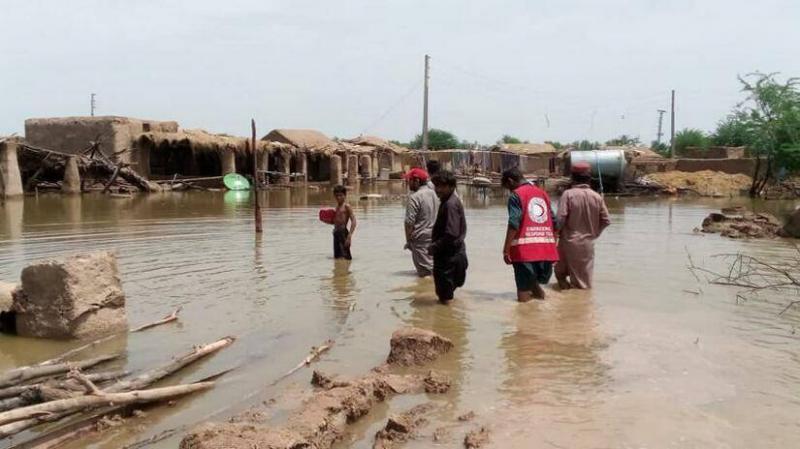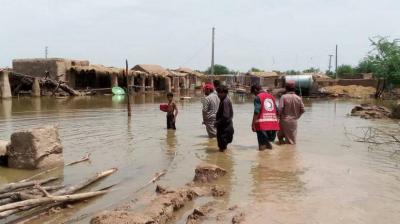It is occasionally advised to "prepare for a specific emergency" by stocking up on essentials in case families cannot leave their homes. According to the British "Daily Mail," there is a new government website revealing a "home emergency plan," which includes a list of "emergency supplies" such as bottled water, wet wipes, and non-perishable food. However, scientists point out that the British list overlooks some important items that could aid survival in the event of floods, fires, a new health pandemic, or even nuclear war.
Robert Handfield, a professor of supply chain management at North Carolina State University, noted that families cannot forgo a gas-powered generator, which can serve as a backup power source during outages, particularly in severe weather conditions. He added that users would, of course, need to acquire propane cylinders as fuel to operate the generator, stressing that some areas of the world experience severe storms and flooding, and electricity is a basic necessity in such situations.
Another useful item is a chainsaw. Professor Handfield explained that "residents in areas with many trees need to own at least one to remove any trees that may fall on their homes." In the case of a pandemic or a scenario that requires smoke protection, experts recommend using an N95 face mask, which is more effective in filtering airborne particles compared to traditional protective masks or cloth face coverings.
In a less optimistic note, Professor Alan Robock, a climate scientist at Rutgers University, stated that if nuclear war were to occur, "there is nothing that can be done to prepare for it," clarifying that "the only solution is to rid the world of nuclear weapons."
The British "home emergency plan" recommends stocking up on "emergency supplies" like bottled water, flashlights, wet wipes, non-perishable food, a first aid kit, and backup batteries. This initiative was led by British Deputy Prime Minister Oliver Dowden, who drew inspiration from similar preparations in countries like Finland. Finland expects families to be able to cope for 72 hours in situations where "community services are disrupted or even halted." Finns are encouraged to stock food and water and prepare to "shelter in place" by sealing gaps in windows and "waiting quietly for instructions" on the radio.
Dowden had previously introduced the "Emergency Alert System," which allows British authorities to send alerts to millions of mobile phones to inform citizens about a potential crisis.




